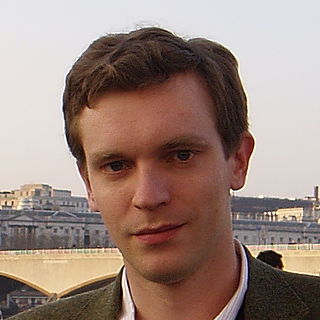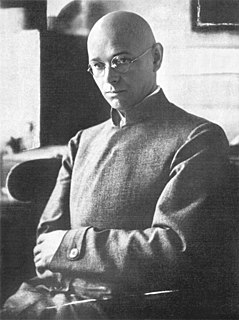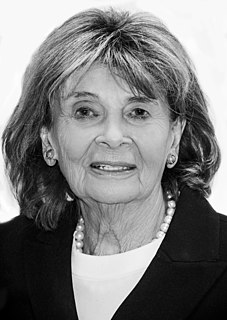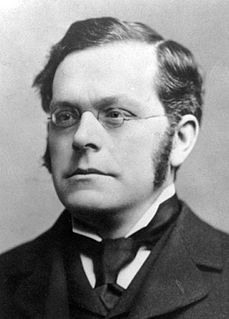A Quote by Friedrich Nietzsche
The poet presents his thoughts festively, on the carriage of rhythm: usually because they could not walk.
Related Quotes
You know these things as thoughts, but your thoughts are not your experiences, they are an echo and after-effect of your experiences: as when your room trembles whe na carriage goes past. I however am sitting in the carriage, and often I am the carriage itself. Ina man who thinks like this, the dichotomy between thinking and feeling, intellect and passion, has really disappeared. He feels his thoughts. He can fall in love with an idea. An idea can make him ill.
The poet presents the imagination with images from life and human characters and situations, sets them all in motion and leaves itto the beholder to let these images take his thoughts as far as his mental powers will permit. This is why he is able to engage men of the most differing capabilities, indeed fools and sages together. The philosopher, on the other hand, presents not life itself but the finished thoughts which he has abstracted from it and then demands that the reader should think precisely as, and precisely as far as, he himself thinks. That is why his public is so small.
One of the appeals of William Carlos Williams to me is that he was many different kinds of poet. He tried out many different forms in his own way of, more or less, formlessness. He was also a poet who could be - he was a love poet, he was a poet of the natural order and he was also a political poet.
I believe that God protected me. I've experienced many miracles. One day, my father was arrested as I stood nearby on the street. A total stranger who was pushing a baby carriage took my hand and put it on the handle of the carriage, as if I were her child. As soon as it was safe for me, she let me walk home.
The modern poet has no essential alliance with regular schemes of any sorts.He reserves the right to adapt his rhythm to his mood, to modulate his metre as he progresses. Far from seeking freedom and irresponsibility (implied by the unfortunate term free verse) he seeks a stricter discipline of exact concord of thought and feeling.








































